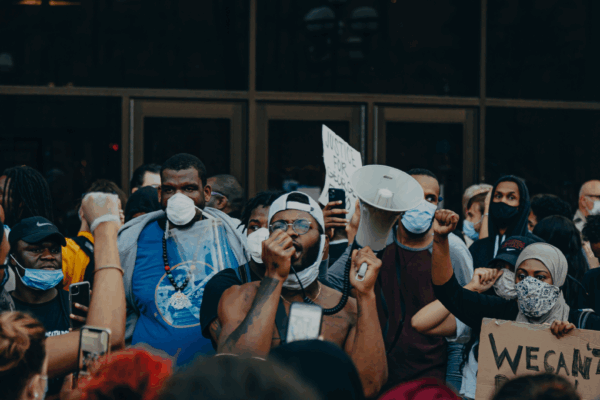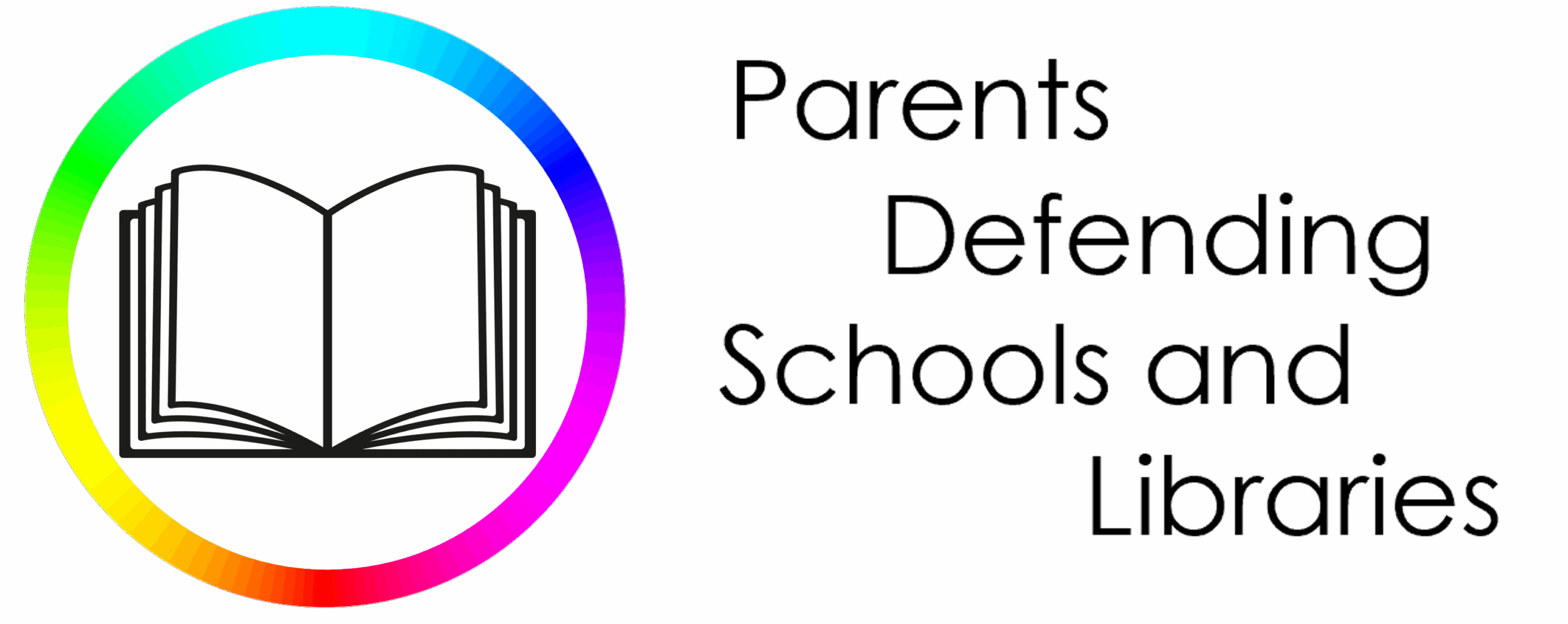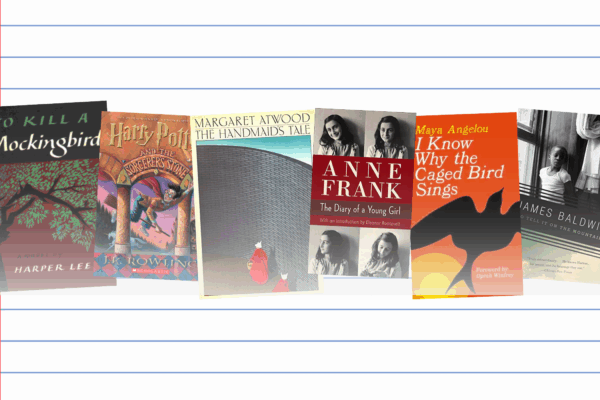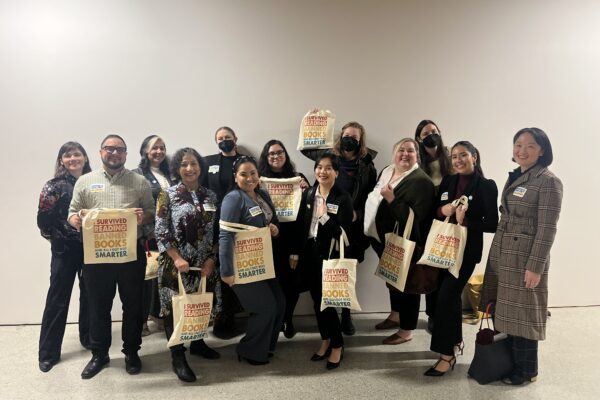CANBY, Ore. — Today, the ACLU of Oregon and Parents Defending Schools and Libraries (PDSAL) sent a joint public records request to the Canby School District, seeking information regarding their recent history of reconsidering and restricting access to select book titles, primarily written by LGBTQ+ people and Black and Latina women. The request emphasizes the risk of state and federal constitutional violations when decisions to ban books are made, especially when done in an opaque manner that keeps the public in the dark. Quoting the United States Supreme Court, the request points out that student First Amendment freedoms are “directly and sharply implicated by the removal of books from the shelves of school libraries.”
The ACLU and PDSAL are seeking records that will:
- Promote greater transparency for the public surrounding the District’s decision-making regarding restricting its library materials
- Give the public access to detailed information about the formation of reconsideration committees and the standards used to determine whether books will be banned or restricted in response to complaints
- Demystify for the public the circulation information of contested titles and facts about their consumption in schools
The records request follows the review of at least 36 books that were pulled from the school district’s middle and high school libraries in April 2023 as a result of two complaints from parents to the Canby School District. The parents called the identified books inappropriate and cited concerns that the books were “promiscuous,” “sexually mature” and contained descriptions of assault, drug use and other controversial topics. The temporary removal of these texts from shelves activated a number of Canby High School students to demonstrate outside their school. At a public Canby School Board meeting held in April, high school senior, Zachery Woodruff, shared, “Two angry parents, 0.01% of the Canby population. That is all it took to remove over 30 books from our library. Without following any form of due process, the books were silently removed from the shelves. We have become ‘that school.’ The school in the media headlines.”
Over the summer, the district formed a committee to review these titles. The ACLU of Oregon and PDSAL understand that at the conclusion of that process, the district removed at least one title from its libraries — Lolita by Vladimir Nabokov — and restricted access to or placed content warnings on several others. However, the District just recently released a brief statement informing the public of its decision to ban Lolita and lacking specificity about any other titles. The Intellectual Freedom Committee of the Oregon Library Association (IFC) believes that the District did not follow proper protocol. According to the IFC, “Traditionally, a Request for Reconsideration Committee understands the importance of upholding access to information and preserves the intellectual freedom rights of library users throughout the review process, meaning materials remain available to users until the review process is completed. Additionally, the Canby policy indicates that the review committee would make a recommendation but that final decisions would be made by the Canby School Board with opportunity for community members to appeal those decisions. What occurred instead, is that materials were removed during the review process and were not available or accessible as policy indicates, immediately infringing on the rights of the Canby students' access to information. The IFC is also unsure of when or how final decisions were made regarding the reviewed titles, what the outcome is for each of the reviewed titles, and are unaware of the timeline for an appeal process, which should have been presented to the Canby community as outlined by their applicable policies.”
Around the state, there have also been rising concerns that public school libraries are seeing an increase in “shadowbanning” — a form of fully or partially blocking community access to media or content without their knowledge, i.e. quietly pulling books off the shelf. PDSAL founder, Darin Stewart, emphasizes that “it is imperative that decisions about expressive content in school libraries in particular be done transparently to ensure that the interests of the entire student and parent communities are represented and that the demands of the loudest few do not trample the constitutional rights of others."
Oregon has robust protections against censorship and discrimination in its laws and state constitution. Yet, 2022 was a record year for book challenges in schools and libraries across Oregon. This is consistent with national trends, where books, particularly those about or authored by the LGBTQ+ community, women and people of color, are being pulled from shelves at alarming rates. Despite the increase in book challenges, censorship is not favored by the majority. In fact, a Washington Post analysis determined that 60% of all book challenges across the United States in the 2021-2022 school year were initiated by the same 11 people.
Censorship is anti-democratic, and students and young people have a right to access representative, engaging and diverse stories featuring a variety of authors and experiences no matter how controversial they might be deemed. “Public school libraries are central to a student’s First Amendment right to access ideas and information,” says Kelly Simon, ACLU-OR Legal Director. “Restricting books is restricting student freedom. And school districts should be on notice that controversy is not a permissible justification to ban ideas or identities in our schools. Newberg tried that and lost when it attempted to ban controversial displays in their schools. The ACLU of Oregon will continue to hold school districts accountable for failing to protect student rights.”
Documents
Related Content

ACLU of Oregon and Davis Wright Tremaine file lawsuit against Newberg School Board members challenging their policy restricting “political, quasi-political, or controversial” displays and Black Lives Matter and LGBTQ+ Pride signs

The ACLU of Oregon Seeks Records About the Use of Portland JTTF, TITAN Fusion Center, and Portland FBI Field Office to Target Protesters and Racial Justice Advocates
Stay Informed
Sign up to be the first to hear about how to take action.
By completing this form, I agree to receive occasional emails per the terms of the ACLU’s privacy statement.
By completing this form, I agree to receive occasional emails per the terms of the ACLU’s privacy statement.




